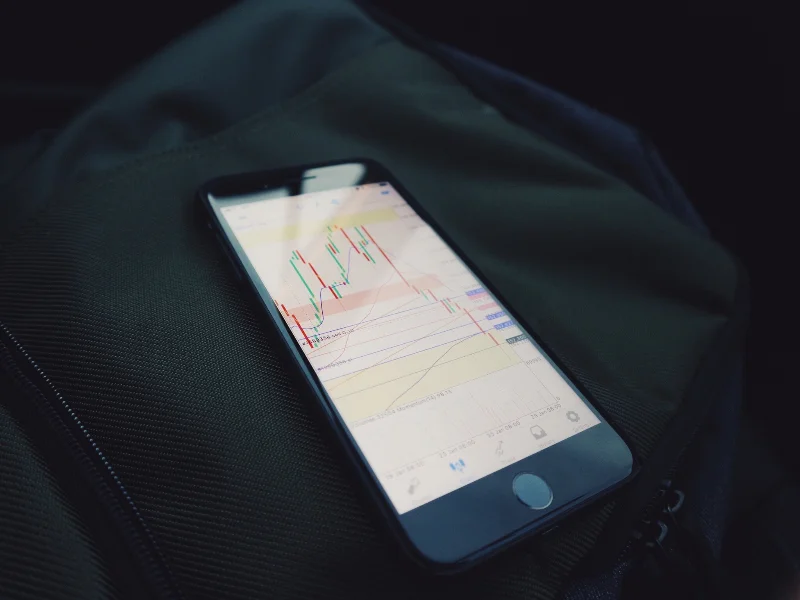It can be easy to get carried away and forget the fundamentals of trading - especially for newcomers and those who have recently made big wins on the market.
Here, we break down five big mistakes forex traders make and how to overcome each one.
1. Trading without a plan
A trading strategy is a fixed plan designed to achieve a profitable return over time. A properly researched trading strategy is specific and helps ensure verifiability, quantifiability, consistency, and objectivity.
A solid trading plan will clearly define which assets can be traded, market entry/exit points and money management rules, among other things. It will also include the type of analysis that goes into decision making and will play to a trader’s specific strengths and goals.
While it can be tempting to trade without a plan, it’s important to take the time to develop - and stick to - a specific strategy. Without one, you are likely to erode your gains and make uncertain market bets that don’t pay off.
2. Trying to guess world news and events
Every trader hopes to make money by making the right market moves at the right time. And trading off the back of breaking news stories, economic changes, earnings releases and more can all be profitable strategies.
However, trying to anticipate news events and locking in trades ahead of time can be risky. Even the most seasoned traders aren’t able to predict the future and those who try to do so risk heavy losses.
A safer strategy is waiting for market events to play out, and trading quickly, once there’s certainty.
3. Not watching your win/loss ratio
Trading can be fun. But losing sight of key trading metrics such as the win/loss ratio can lead to disappointments and financial losses.
In short, a trader’s win/loss ratio is the ratio of their total number of winning trades to the number of losing trades. It does not take into account how much money was won or lost on each trade, but simply if a specific trade was a winner or loser.
The ratio can also be used in the Kelly Criterion formula to calculate the maximum percentage of a trader's account that should be risked on any one trade.
Traders must ensure they monitor their win/loss ratio carefully. It’s easy to feel optimistic about your trading performance overall, only to discover you are in fact losing more trades than you expected.

4. Assuming you will make money
Every trader enters the market to make money, but sometimes you’ll be disappointed.
Successful traders use a lot of skill and knowledge to make their returns - and even the best traders have to go through periods of loss-making.
Understand that losses happen and when they do it’s time to move on to the next trade.
5. Trading too instinctively
Human beings make instinctive choices all the time. And when it comes to trading, it can be easy to rely on gut feeling.
Yet traders who over-rely on emotion - and not on solid strategies, data and analysis - can set themselves up for failure when their instinct proves wrong.




